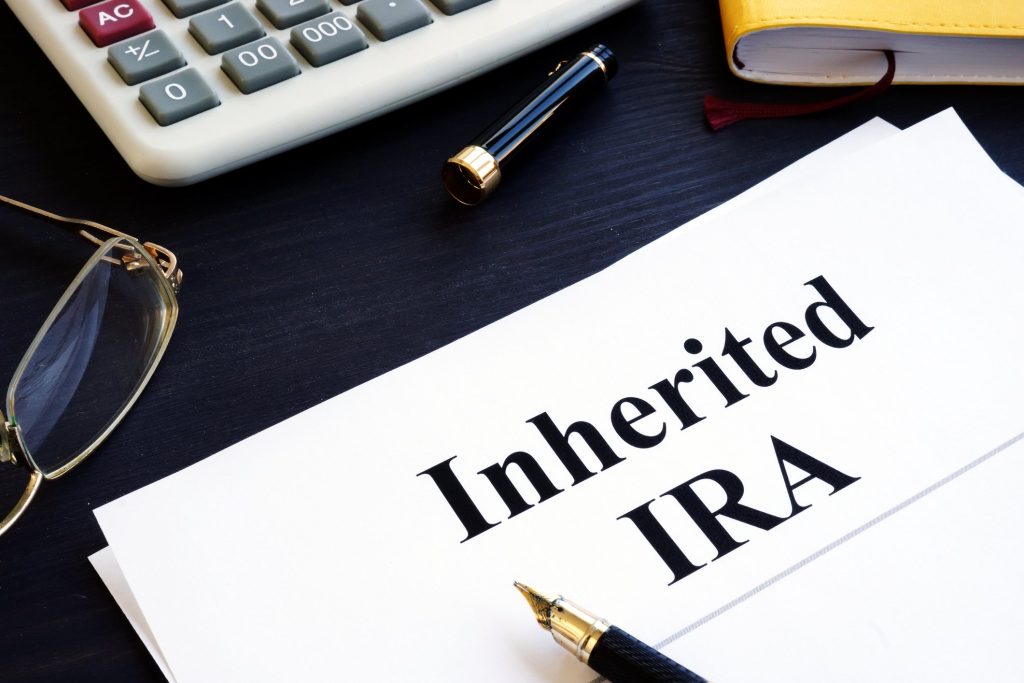
You may know plenty about the differences between traditional IRAs and Roth IRAs, as well as the risks to your IRAs in this market, but what happens to an IRA (or other retirement account) that still has money in it when its owner passes away?
You may think that the beneficiary just gets all the money in the account, but unfortunately, it’s not that simple. Retirement account funds will be transferred to a beneficiary, but their relationship to the owner is what determines how they can access the money and what they can do with it.
Rules for Spouses
If you inherit your spouse’s retirement accounts, your choices are the most straightforward. You can:
- Name yourself the owner of the IRA and treat it as if it is yours
- Roll the IRA into your own account, like another IRA or retirement account
- Treat yourself as the beneficiary of an inherited IRA
The first two options are only available to spouses, and they are important because they are the only way that someone can continue to contribute to an inherited retirement account. Non-spousal inheritors can never contribute to inherited retirement plans or roll the inherited plans into their own.[1]
Rules for “Eligible Designated Beneficiaries”
If you are not the spouse of the deceased and you are either chronically ill, disabled, a minor child, or not more than 10 years younger than the original owner, then you are considered an Eligible Designated Beneficiary. Your options if you inherit an IRA are as follows:
- You can receive the inherited IRA and choose to take distributions based on your current life expectancy. Essentially, you will abide by the regular Required Minimum Distribution rules, which currently require withdrawals beginning at age 73.[2]
- You can receive the inherited IRA in your name and take distributions over the next 10 years. The entire account must be liquidated by December 31st of the year that marks 10 years after the deceased account holder’s death.[3] For Roth IRAs, this must be done in 5 years.[4]
Rules for “Designated Beneficiaries”
If you do not fall into the previous two categories, you are considered a Designated Beneficiary. Your only option is to receive the inherited IRA in your name and choose to take distributions over 10 years. The entire account must be liquidated by December 31st of the year that marks 10 years after the deceased account holder’s death.[5]
The Takeaway
The most important thing about deciding which options to take here revolves around tax laws. If you want to ensure that your beneficiaries get the most out of your accounts after you are gone, please reach out to us, and we can guide you through this complex process.



